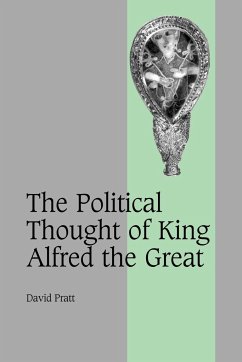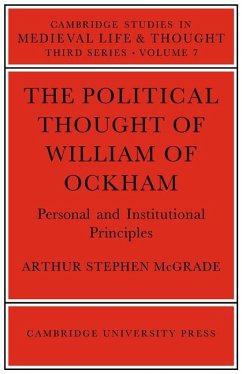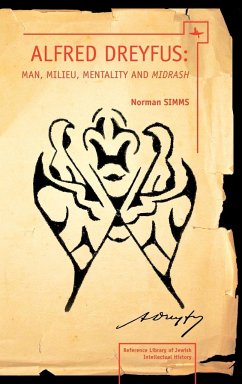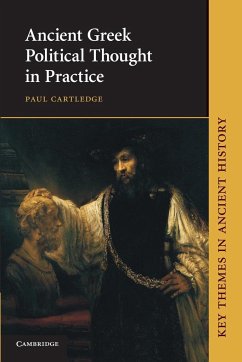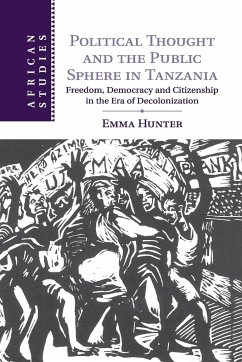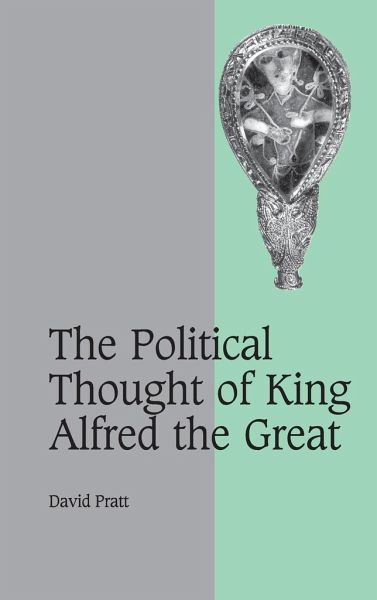
The Political Thought of King Alfred the Great

PAYBACK Punkte
60 °P sammeln!
This book is a comprehensive study of political thought at the court of King Alfred the Great (871–99). It explains the extraordinary burst of royal learned activity focused on inventive translations from Latin into Old English attributed to Alfred's own authorship. A full exploration of context establishes these texts as part of a single discourse which placed Alfred himself at the heart of all rightful power and authority. A major theme is the relevance of Frankish and other European experiences, as sources of expertise and shared concerns, and for important contrasts with Alfredian though...
This book is a comprehensive study of political thought at the court of King Alfred the Great (871–99). It explains the extraordinary burst of royal learned activity focused on inventive translations from Latin into Old English attributed to Alfred's own authorship. A full exploration of context establishes these texts as part of a single discourse which placed Alfred himself at the heart of all rightful power and authority. A major theme is the relevance of Frankish and other European experiences, as sources of expertise and shared concerns, and for important contrasts with Alfredian thought and behaviour. Part I assesses Alfred's rule against West Saxon structures, showing the centrality of the royal household in the operation of power. Part II offers an intimate analysis of the royal texts, developing far-reaching implications for Alfredian kingship, communication and court culture. Comparative in approach, the book places Alfred's reign at the forefront of wider European trends in aristocratic life.





